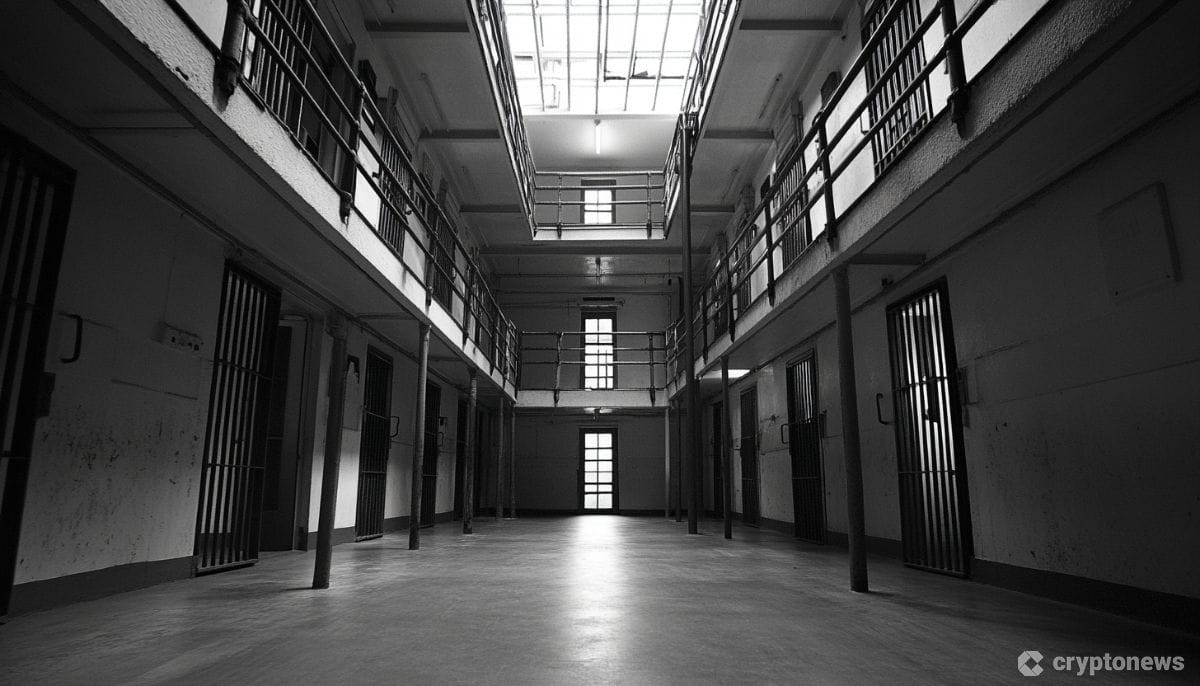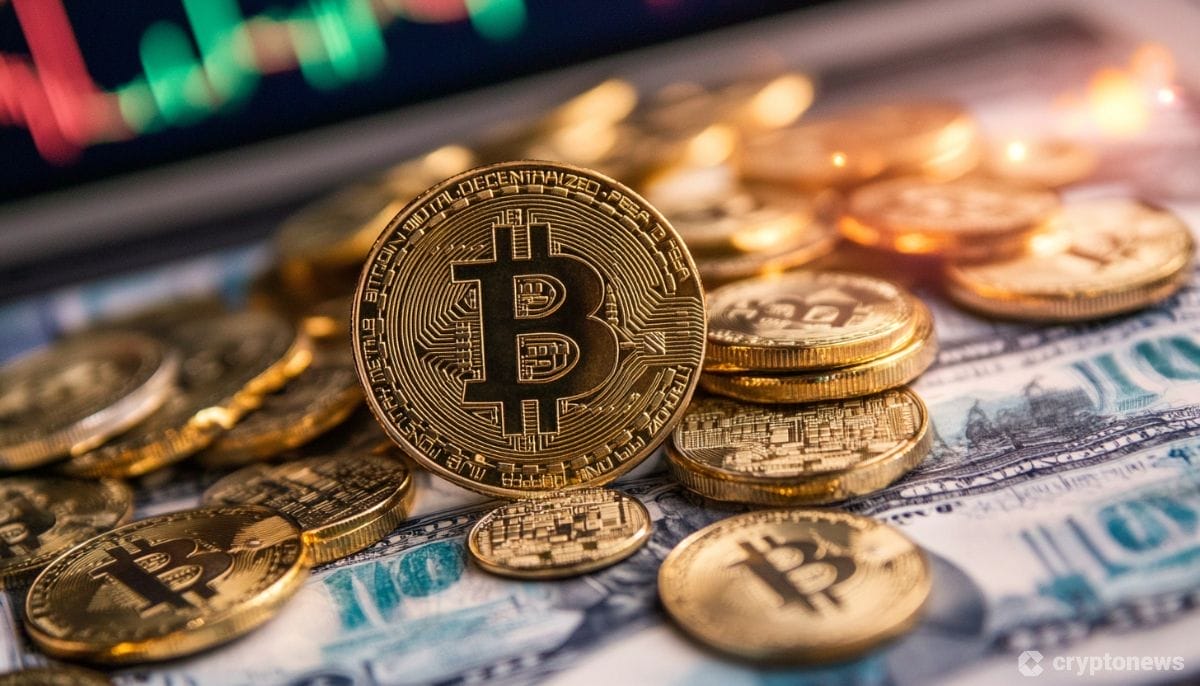Last updated:
 Why Trust Cryptonews
Why Trust Cryptonews

Lawyers for Nishad Singh, the former Director of Engineering at FTX, have filed a request with the U.S. Southern District of New York, seeking no prison time for their client.
The sentencing submission, dated October 16, portrays Singh as a “selfless individual,” according to a Thursday report from Bloomberg.
The request is backed by over 100 letters from family, friends, and former colleagues.
Singh’s Lawyers Claim His Involvement in FTX Was Minimal
Singh’s legal team argued that his involvement in the FTX collapse was limited compared to others.
“His role was far more limited than any other defendant. He does not minimize his conduct; he pled guilty to serious crimes at the outset of this case and will regret his actions for the rest of his life,” the filing stated.
The lawyers emphasized that Singh only became part of the conspiracy involving FTX customer funds in September 2022, just two months before the exchange’s collapse.
Following FTX’s bankruptcy announcement, Singh cooperated with authorities, flying to New York to provide critical information.
“The evidence Nishad provided in those early meetings was critical to helping the government bring both Sam Bankman-Fried and Ryan Salame to justice,” the submission noted.
In February 2023, Singh pled guilty to six criminal charges, including fraud and conspiracy.
His testimony against FTX founder Sam Bankman-Fried during the October 2023 trial contributed to Bankman-Fried’s 25-year prison sentence in March.
Others involved, such as Caroline Ellison and Ryan Salame, have also faced sentencing, with Ellison receiving two years and Salame 7.5 years for their roles in the scandal.
Singh’s sentencing is scheduled for October 30, while former Chief Technology Officer Gary Wang is set to be sentenced on November 20.
SBF’s Neurodivergence Disorders Impacted Trial
Last month, a group of doctors submitted an amicus brief in support of Sam Bankman-Fried’s appeal, claiming that his criminal trial may have been significantly affected by his neurodivergence disorders.
The FTX co-founder, who has been diagnosed with autism spectrum disorder (ASD) and attention-deficit/hyperactivity disorder (ADHD), faced “serious challenges” during the court proceedings, the doctors said.
The brief, signed by eight doctors specializing in neurodivergence, highlighted that several rulings during the trial were detrimental to Bankman-Fried due to his conditions.
The amicus brief also coincided with another filing by a group of bankruptcy law professors who expressed concerns about the intersection of FTX’s bankruptcy case and Bankman-Fried’s criminal trial.
Although they did not take a stance supporting either side, the professors argued that the cooperation between the FTX bankruptcy estate and the prosecution could set a “dangerous precedent,” encouraging the use of Chapter 11 proceedings to bolster parallel criminal prosecutions.
They pointed out that the assistance provided by the FTX bankruptcy estate to the prosecutors was “extraordinary compared to previous cases” such as Enron and WorldCom in the early 2000s.
The professors also criticized the rapid pace of Bankman-Fried’s trial, which, they claimed, led jurors to believe — erroneously — that FTX customers would receive no compensation.





